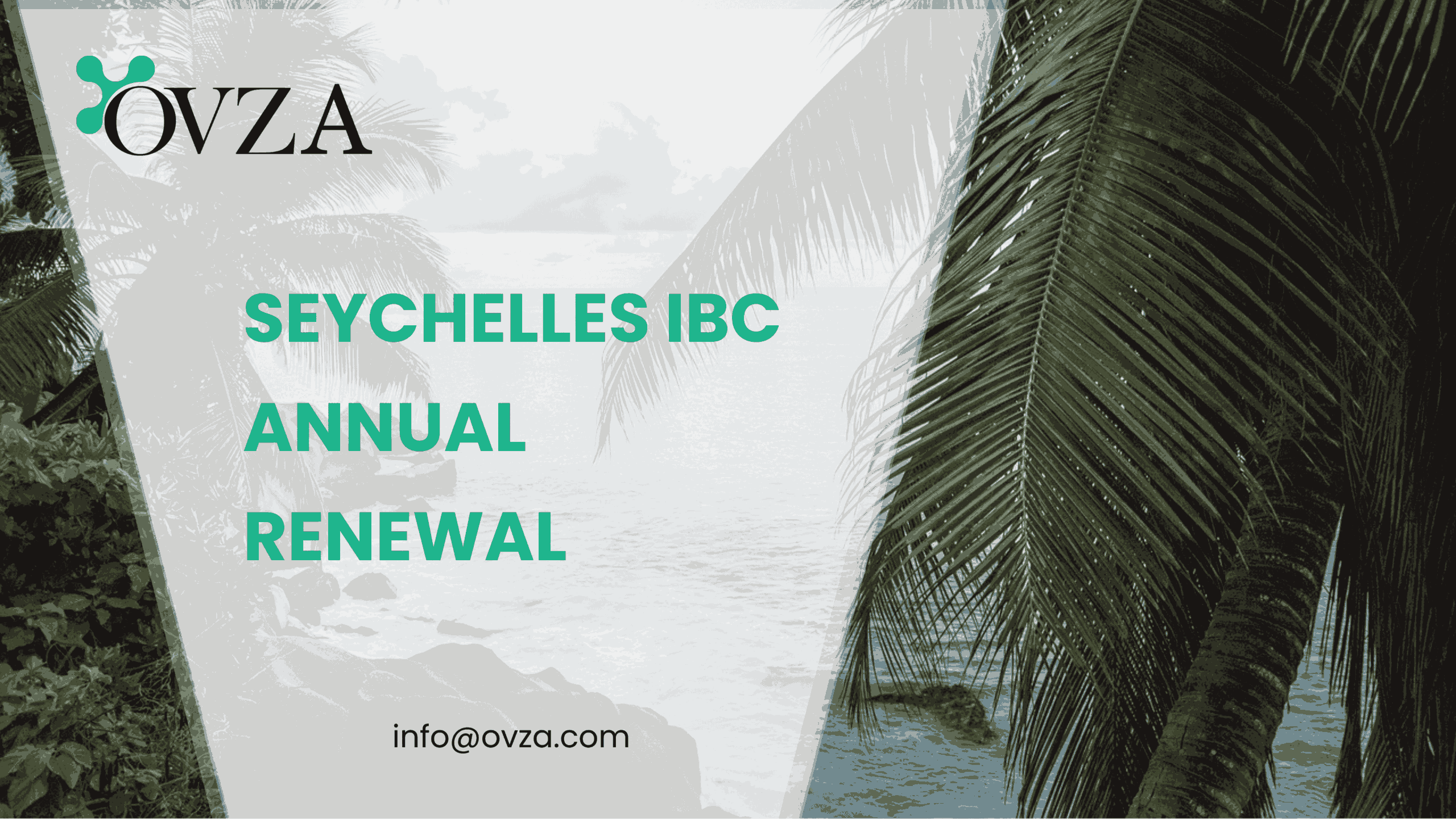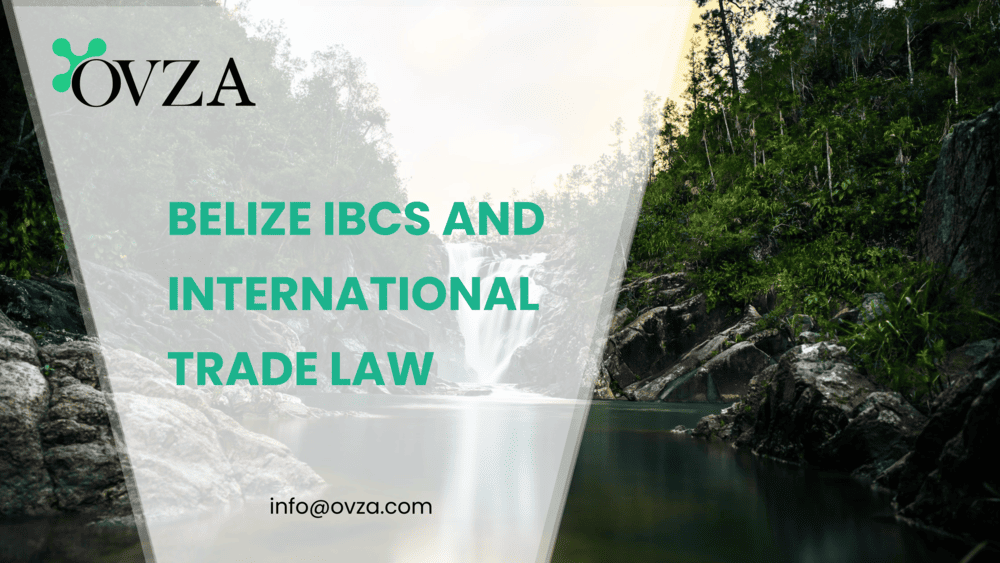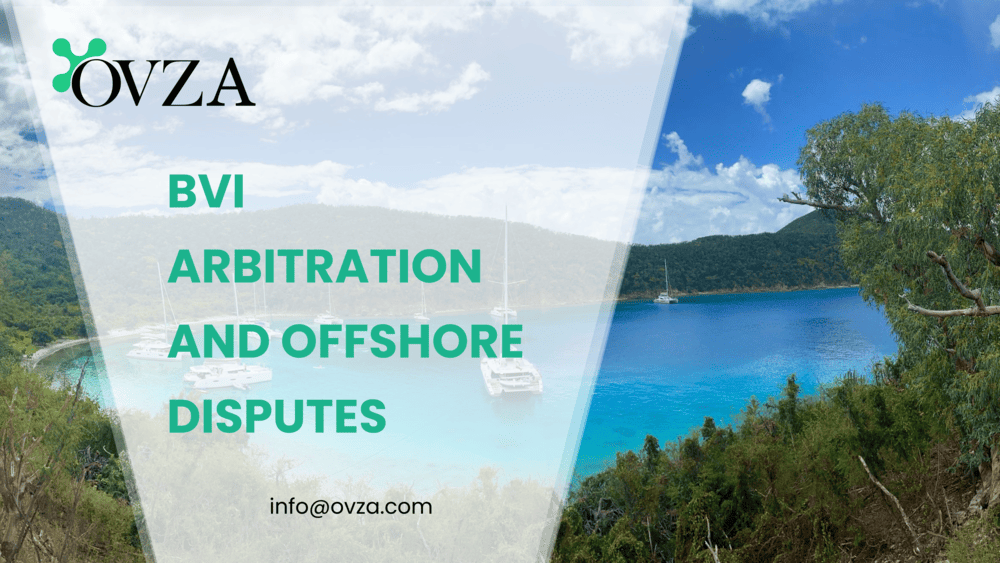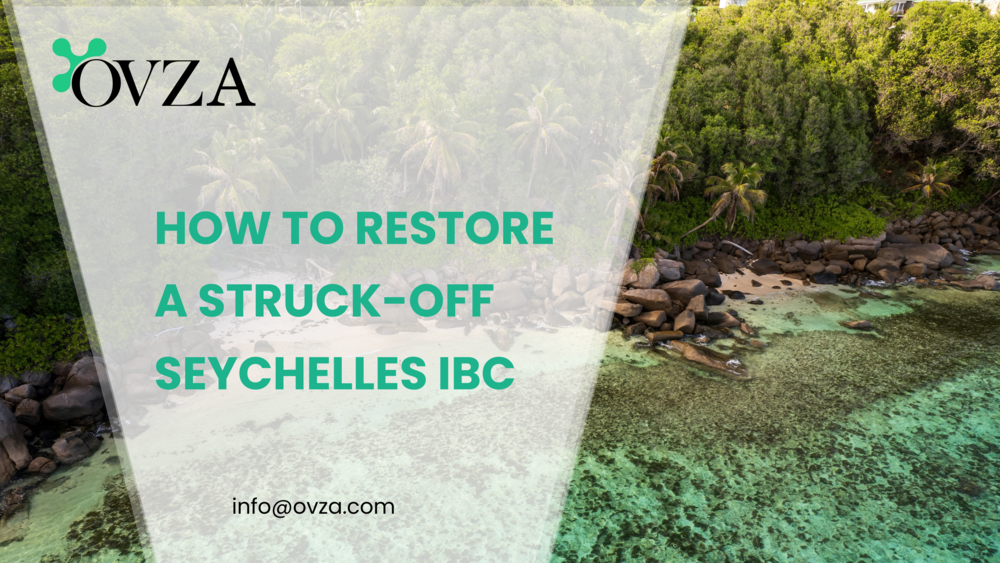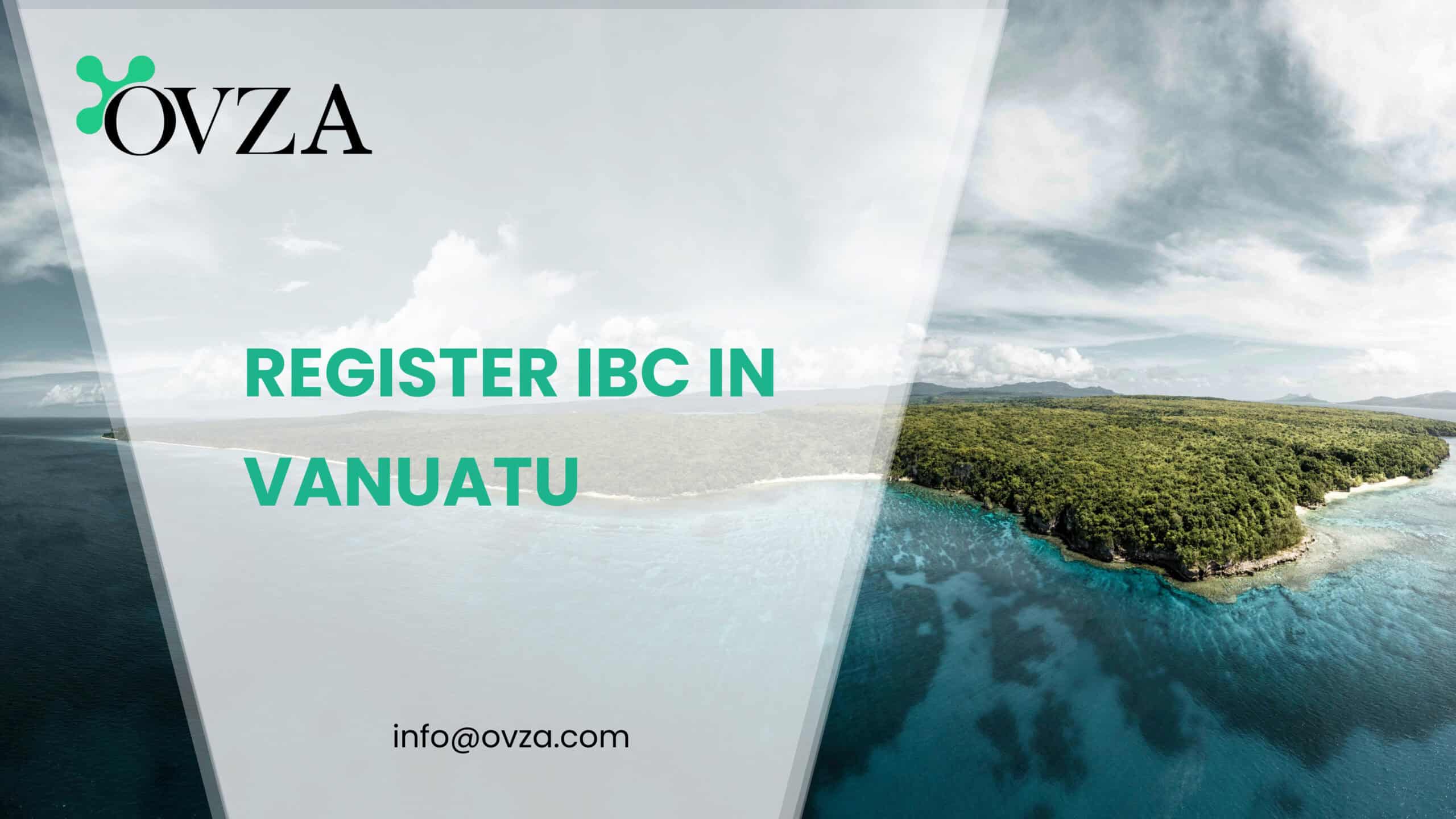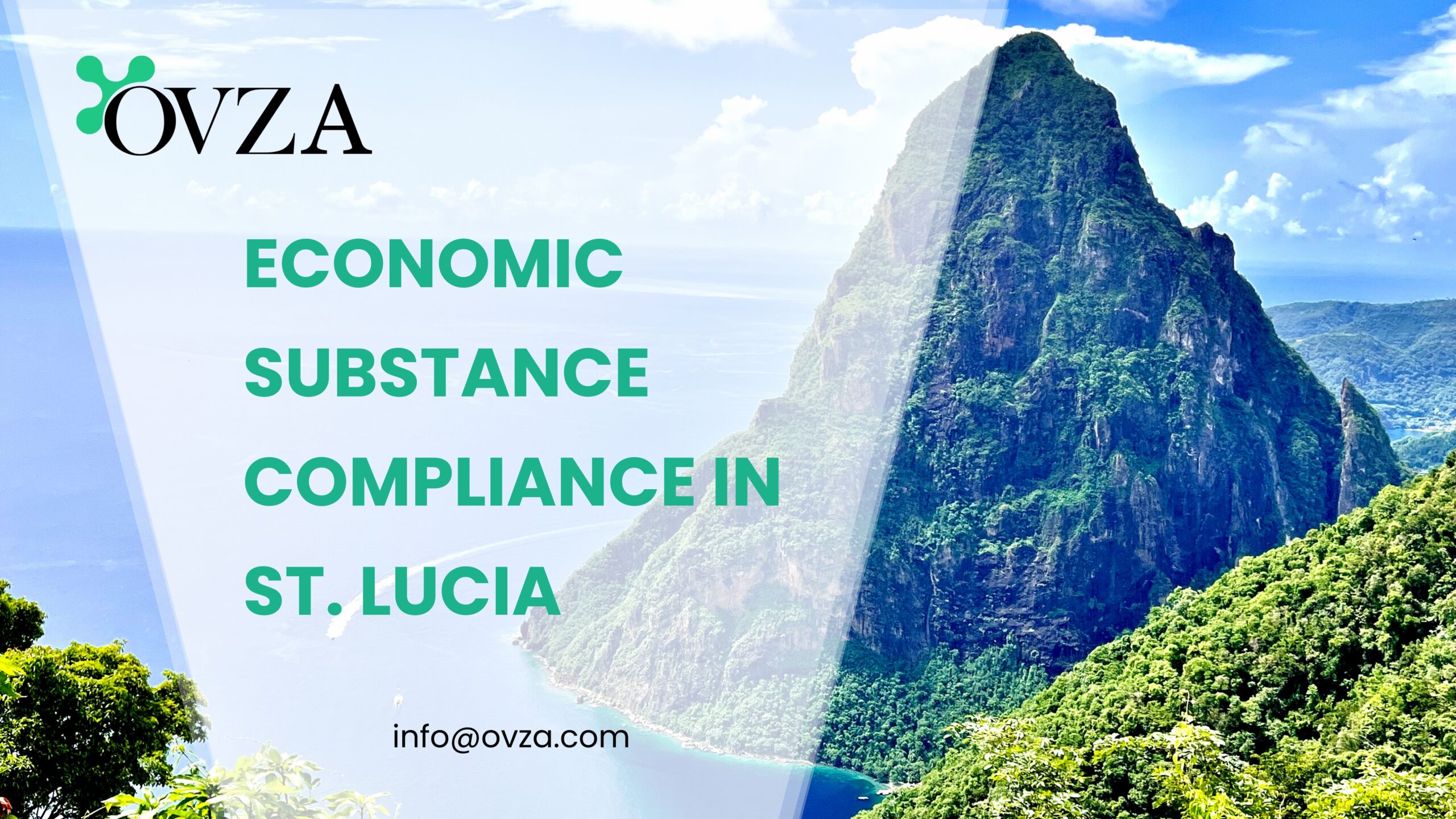Antigua IBCs can enter international trade agreements when structured to meet treaty, compliance, and enforcement requirements. The International Business Company (IBC) regime of Antigua and Barbuda provides a legally recognized framework for conducting cross-border trade and investment, particularly where treaty access and jurisdictional neutrality are essential. Under the International Business Corporations Act, an Antigua IBC is a corporate vehicle formed for the purpose of engaging in international business activities without being subject to domestic taxation on income earned outside the jurisdiction. This legal design positions the IBC as an effective platform for participating in trade agreements that require neutrality, non-discrimination, or non-residency.
Legal Formation and Treaty Access
The legal personality of an Antigua IBC is recognized under international law principles applicable to foreign corporations, allowing it to enter into commercial contracts, supply chain arrangements, and trade financing instruments in its own name. Provided that the IBC maintains proper corporate formalities and satisfies local requirements—such as having a registered agent and filing annual declarations—it is deemed a legally valid contracting party in international transactions. Antigua’s legal infrastructure, rooted in common law, further strengthens the enforceability of such arrangements in both arbitration and national courts.
One of the distinguishing features of Antigua as an IBC jurisdiction is its participation in regional and multilateral trade frameworks that facilitate market access. Antigua and Barbuda is a member of the Caribbean Community (CARICOM), the Organisation of Eastern Caribbean States (OECS), and maintains bilateral investment treaties with multiple countries. While IBCs are generally excluded from domestic trade, they may still benefit from these international affiliations indirectly, particularly when used in combination with onshore subsidiaries or local service providers in treaty member states.
A key legal consideration in using an Antigua IBC for trade agreements is the need to distinguish between the contracting entity and the beneficial owner. To benefit from trade preferences or tariff reductions under an agreement, the IBC must either qualify as an originating entity under the applicable rules of origin or structure the transaction in a way that does not require local residency. This becomes particularly relevant under arrangements such as the CARIFORUM-EU Economic Partnership Agreement (EPA), which sets specific criteria for determining whether a company may access preferential terms in services, goods, or investment.
The use of an IBC to facilitate trade across jurisdictions also brings with it the challenge of regulatory classification. An Antigua IBC that acts as an intermediary in goods trade, for example, may be deemed a reseller or broker depending on its contractual obligations and risk assumption. Proper contract drafting, legal opinions, and trade documentation are essential to ensure that the IBC is recognized as a principal rather than an agent—thereby securing its legal position in case of dispute or regulatory inquiry.
The relevance of Antigua IBCs in modern trade structures has increased in light of the global shift toward substance-based regulation. While the IBC itself is exempt from local income tax on foreign-source profits, it must still observe compliance under OECD BEPS standards and avoid classification as a sham entity. This is particularly crucial when the IBC is party to trade agreements that include dispute resolution mechanisms or transparency requirements, as a failure to demonstrate legal substance may affect the enforceability of contract rights or access to treaty protections.
The strategic use of Antigua IBCs in international trade can also be considered within broader offshore structuring practices. Entities registered in Antigua may be layered with holding companies or trusts for asset protection and operational separation. For example, as discussed in the analysis on offshore companies in cross-jurisdictional mergers, IBCs can be positioned within a corporate group to manage risk, minimize tax exposure, and centralize contractual risk in treaty-compliant jurisdictions.
Contractual Structuring and Jurisdictional Neutrality in Trade Agreements
Incorporating an Antigua IBC into international trade agreements requires careful contractual design to ensure enforceability and regulatory clarity. As a non-resident corporate entity, an IBC is typically used to enter into cross-border supply agreements, distribution contracts, or licensing arrangements where the parties seek a neutral legal platform removed from the onshore regulatory and tax obligations of their domestic jurisdictions. The neutrality offered by an Antigua IBC is particularly relevant in multiparty agreements or where counterparties are based in jurisdictions with conflicting legal or political frameworks.
One of the critical legal functions of the IBC in trade agreements is to act as a centralized contracting entity. By doing so, it allows related companies across jurisdictions to consolidate contractual rights and obligations through a single legal person. This approach is commonly employed in global distribution networks, franchise structures, and technology licensing where the Antigua IBC executes contracts with customers, manufacturers, or service providers in multiple countries. Such contracts are generally governed by neutral law—often English law—and subject to arbitration under institutions like the London Court of International Arbitration (LCIA) or the International Chamber of Commerce (ICC).
To ensure that an Antigua IBC can enforce trade agreements, the contracts must include clear jurisdiction clauses, governing law provisions, and dispute resolution mechanisms. Offshore companies, including Antigua IBCs, must be properly identified by legal name and jurisdiction of incorporation to avoid jurisdictional disputes. In practice, trade counterparties will often request notarized or apostilled corporate documents to confirm the IBC’s legal capacity to contract. Courts and arbitral tribunals have repeatedly emphasized the need for legal clarity and intent in cross-border transactions, especially where offshore companies are used as contracting parties.
In addition to serving as a principal party to commercial agreements, an Antigua IBC may be used in intercompany contracts within multinational groups. In such cases, the IBC can act as a centralized procurement agent, finance intermediary, or intellectual property owner. This allows the group to allocate functions and risks strategically across jurisdictions, while preserving compliance with transfer pricing and OECD Base Erosion and Profit Shifting (BEPS) principles. Contractual arrangements must be carefully drafted to avoid recharacterization of the IBC’s role as a mere conduit, which could invalidate its participation in trade agreements or raise regulatory scrutiny.
The neutrality of the IBC structure also offers political and legal benefits in trade contexts. In transactions involving jurisdictions with heightened regulatory risk, foreign exchange controls, or inconsistent contract enforcement, an IBC formed in a stable jurisdiction like Antigua can serve as a legal firewall. The use of a neutral contracting entity provides comfort to counterparties and increases the likelihood of performance under the agreement, especially where arbitration is designated outside either party’s home jurisdiction.
To further enhance the enforceability of contracts involving Antigua IBCs, many practitioners include waiver of sovereign immunity clauses, stabilization clauses, and choice of law provisions that limit the exposure to arbitrary regulatory changes. These contractual tools are often utilized in infrastructure projects, extractive industries, and public-private partnerships, where the Antigua IBC contracts with state-owned enterprises or governmental agencies. While such clauses must be tailored to each transaction, their presence strengthens the IBC’s standing in potential enforcement proceedings and may support investor-state claims where trade agreements are breached.
Another legal consideration is compliance with international trade sanctions and export control regimes. When used in cross-border goods or technology transactions, the Antigua IBC must avoid breaching sanctions imposed by jurisdictions such as the United States, the European Union, or the United Nations. Although the IBC itself is subject to Antiguan law, its participation in a prohibited transaction may expose directors, shareholders, or counterparties to liability in other jurisdictions. As such, legal due diligence and sanctions screening are essential components of using IBCs in international trade.
In sum, the legal structure of trade agreements involving Antigua IBCs must reflect the offshore status of the entity while providing sufficient jurisdictional anchors, enforceability terms, and compliance safeguards. These measures are essential not only for contract performance but also for defending the legal status of the IBC in case of dispute, audit, or regulatory review.
Treaty Interpretation, Compliance, and Enforcement Issues with Antigua IBCs
While Antigua IBCs can be strategically positioned to engage in trade-related transactions across borders, their ability to benefit directly from international trade agreements depends on how the relevant treaties define eligibility and how national authorities interpret treaty provisions in light of offshore incorporation. Trade agreements, whether bilateral or multilateral, typically extend preferential treatment—such as tariff exemptions, market access, or investment protections—to entities meeting specific residency, ownership, or economic substance criteria. The classification of an Antigua IBC under such criteria requires a legal examination of both domestic law and the treaty’s text.
The CARIFORUM-EU Economic Partnership Agreement (EPA) and similar agreements contain provisions regarding the definition of “investor” and “enterprise of a party.” These provisions may hinge on where the enterprise is constituted, where it conducts substantial business operations, or where its effective management resides. An IBC incorporated in Antigua may satisfy the formal incorporation requirement, but may be excluded from certain benefits if it lacks local substance or economic activity. This makes the location of actual business functions—management, staffing, and decision-making—legally relevant in accessing treaty protections.
Substance-based treaty interpretation has become increasingly common under international arbitration practice. In Tokios Tokelés v. Ukraine (ICSID Case No. ARB/02/18), the arbitral tribunal considered the formal incorporation test under a bilateral investment treaty, while the dissent raised concerns about real ownership and control. The tension between formal criteria and substantive operations remains a recurring issue in assessing whether offshore companies like Antigua IBCs can invoke treaty rights in disputes or enjoy preferential trade treatment.
Compliance also extends beyond corporate form to matters of taxation, documentation, and beneficial ownership. While Antigua IBCs are not subject to local income tax on foreign-source income, they are now subject to international information exchange obligations under the OECD’s Common Reporting Standard (CRS). Moreover, counterparties in treaty jurisdictions may require the IBC to provide tax residency certificates, economic substance reports, or declarations of beneficial ownership before granting treaty-based privileges. This can complicate the use of IBCs in trade unless preemptively addressed through legal structuring and documentation.
In the event of dispute, Antigua IBCs participating in trade agreements may invoke international arbitration under investment protection clauses, provided that the treaty permits claims by corporate entities incorporated in a member state. Many trade and investment agreements include investor-state dispute settlement (ISDS) mechanisms, allowing foreign investors to seek remedies for expropriation, unfair treatment, or breach of contract. To access these mechanisms, however, the IBC must demonstrate not only its legal standing under the treaty but also its substantive connection to the investment in question.
Enforcement of trade-related arbitration awards involving Antigua IBCs is governed by the New York Convention on the Recognition and Enforcement of Foreign Arbitral Awards, to which Antigua and Barbuda is a party. This international treaty obligates courts in over 170 countries to recognize and enforce foreign arbitral awards, subject to limited defenses. Accordingly, contracts involving Antigua IBCs that include arbitration clauses benefit from a globally enforceable dispute resolution framework, increasing the legal certainty and commercial reliability of such structures.
That said, challenges remain when enforcement is sought in jurisdictions that treat offshore companies with suspicion or require additional disclosure to establish standing. Courts may examine whether the IBC is a legitimate commercial actor or a shell created for tax avoidance or regulatory arbitrage. To mitigate this risk, legal counsel typically advises ensuring that IBCs maintain contemporaneous records of business activity, board meetings, and transactional documentation that supports their independent operation.
The legal capacity of Antigua IBCs to operate within the framework of international trade agreements depends on careful attention to treaty language, domestic implementation laws, and compliance with international regulatory standards. When structured and documented appropriately, an IBC formed in Antigua and Barbuda can serve as a legally effective vehicle for entering, executing, and enforcing cross-border trade agreements while benefiting from neutral jurisdictional status and global treaty protections.
Conclusion
Antigua IBCs offer a legally flexible and internationally recognized platform for engaging in cross-border trade, particularly where jurisdictional neutrality and tax efficiency are critical considerations. Their incorporation under a common law regime, paired with a favorable statutory environment, enables them to function as principal parties to trade agreements, holding rights and obligations enforceable across multiple jurisdictions.
However, the legal effectiveness of an Antigua IBC in the context of international trade agreements is not determined solely by its place of incorporation. It must also meet evolving legal expectations concerning economic substance, beneficial ownership transparency, treaty eligibility, and enforceability standards. Trade agreements and arbitration forums increasingly look beyond corporate formalities to assess the IBC’s role in the underlying transaction, the location of its business functions, and the legitimacy of its operations.
Where properly structured, documented, and compliant, an Antigua IBC can lawfully participate in international trade agreements, serve as a treaty-eligible investor, and enforce its rights under domestic and international legal instruments. The growing complexity of cross-border regulation and treaty interpretation does not diminish the relevance of the IBC model—it elevates the need for precise legal structuring and ongoing compliance as the foundation for secure, enforceable, and effective international trade activity.
Disclaimer: The information provided on this website is intended for general reference and educational purposes only. While OVZA makes every effort to ensure accuracy and timeliness, the content should not be considered legal, financial, or tax advice.



